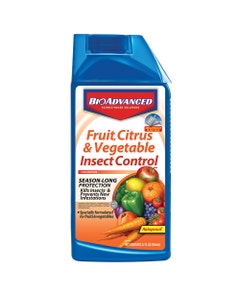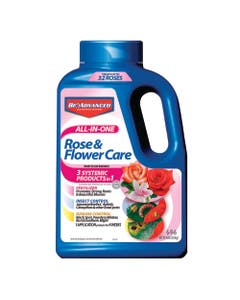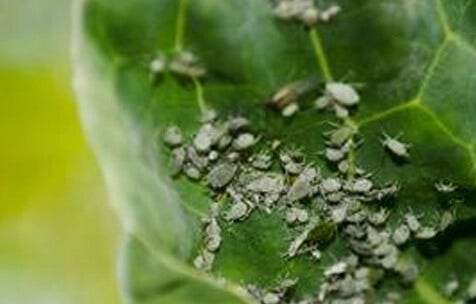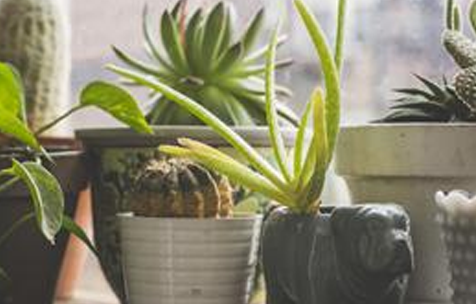

- Home
- Solution Center
- Learn
- Rose & Flower
- Strengthen Seedlings Before Planting
Strengthen Seedlings Before Planting
Before your seedlings graduate from windowsill to planting bed, they need to acclimate to outdoor growing conditions. The process of transitioning seedlings from protected indoor growing conditions to outdoor realities of wind, cold and direct sun is called hardening off.
Tackle this process slowly, over the course of a week or two, and you'll have sturdy seedlings ready to withstand whatever nature throws at them. Rush the process, and you could scorch, damage or even kill the young plants.
Start Slowly
Harden off fragile seedlings over the course of 6-14 days. The idea is to expose plants gradually to outdoor conditions, each day incrementally increasing the time seedlings spend outside.
Withhold water gradually over the course of hardening off. Don't allow seedlings to wilt, but also don't pamper them by keeping soil perfectly moist.
Stop fertilizing seedlings 3-4 days before you plan to start hardening off. Don't fertilize again until you plant seedlings into the garden.
Provide Protection
Initially place seedlings outdoors in a sheltered spot – protected from wind and direct sun. Each day following, expose plants to another 30-60 minutes of filtered sunlight. Work your way up to giving plants direct morning sun, followed last by noon-day sun. By the end of the hardening-off time frame, seedlings should be experiencing the same amount of sunlight they'll receive in the garden.
Bring seedlings inside for the first two nights. If shuffling seedlings from place to place proves too difficult, tuck them into a partly shaded spot for a few days. Great choices include a location under a tree or picnic table, a covered porch, or an area next to a building where the structure's shadow will shelter seedlings. After 3-4 days, move the seedlings to a slightly sunnier site.
Watch The Temperature
Keep tabs on predicted nighttime lows. If temperatures dip near freezing, move seedlings indoors or cover with a spun-polystyrene row cover, which protects plants from frost while allowing water and some sunlight to pass. You'll get the best frost protection when you mount the row cover so it doesn't directly touch foliage.
Unless freezing temperatures are forecast, plan to leave seedlings outside overnight by the third or fourth night. Place them near a building or beneath a table to provide some protection. By the sixth night or so, expose seedlings to night air without any protection.
Time To Plant
After seedlings experience a week or so of hardening off, you'll notice stems are stockier. Tuck plants into the garden on an overcast or drizzly day when winds are calm. Water in seedlings using a fertilizer solution diluted to half strength.
After planting, continue to protect seedlings if high winds, frost, hail or heavy downpours threaten. Shelter plants beneath buckets, row covers or cloches. A plastic gallon jug with the bottom removed makes a good cloche for a seedling.














